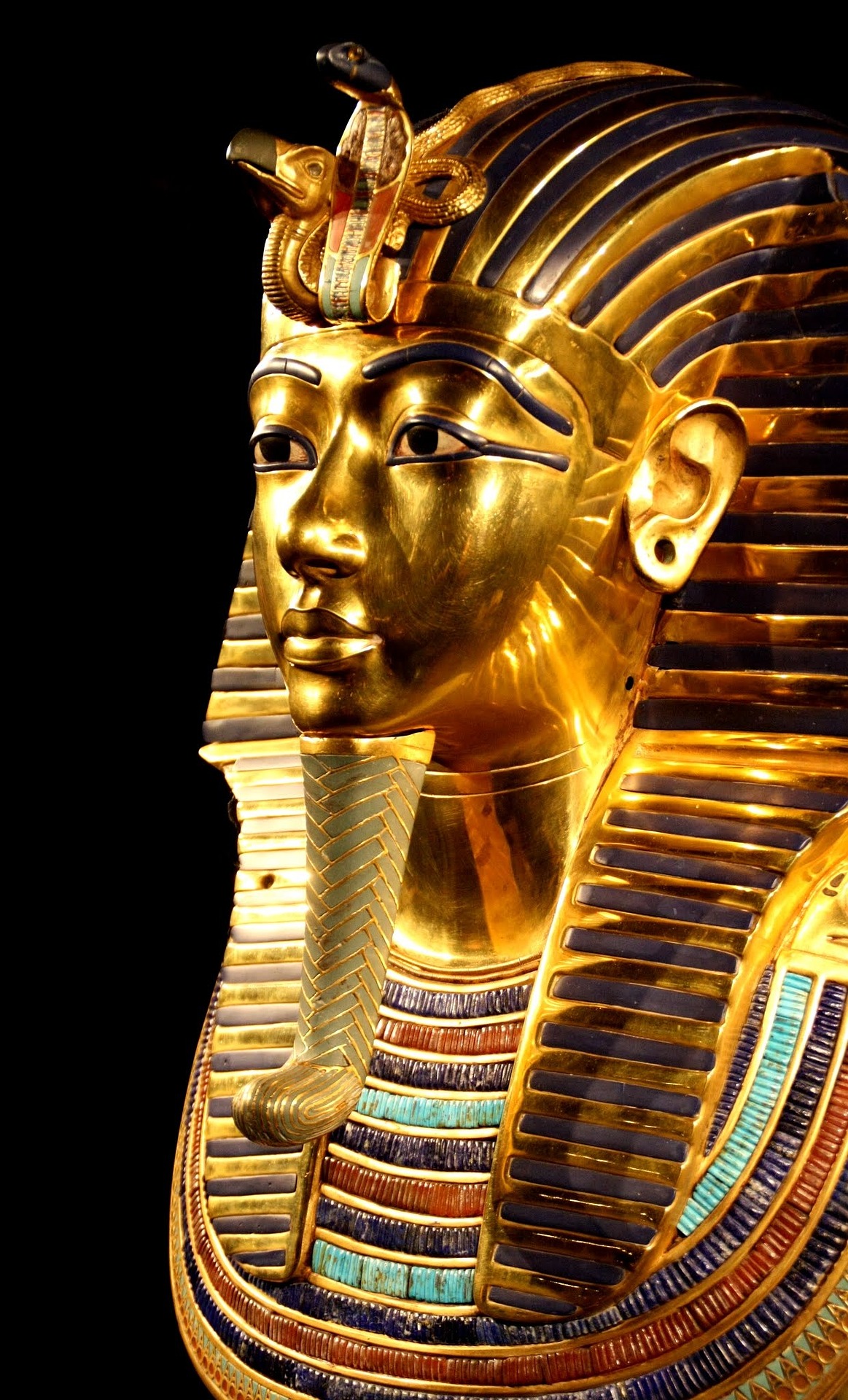Introduction
The notion of extraterrestrial life has fascinated humanity for centuries. While most people associate aliens with science fiction, there is a growing body of evidence suggesting that ancient civilizations might have had encounters with beings from other planets. In this article, we will delve into the intriguing concept of ancient aliens and explore the potential extraterrestrial influence on human history. Brace yourself for a journey that will challenge your preconceived notions and ignite your imagination.
Ancient Astronaut Theory
The Ancient Astronaut Theory proposes that extraterrestrial beings visited Earth in the distant past and played a significant role in shaping human civilization. Proponents of this theory argue that ancient structures, technological advancements, and religious texts contain compelling evidence of alien intervention.
Ancient Marvels
One of the most captivating examples of potential extraterrestrial influence is the construction of ancient marvels such as the Egyptian pyramids, Stonehenge, and the Nazca lines. The sheer magnitude and precision of these structures baffle modern engineers, leading some to believe that advanced alien beings provided the knowledge and assistance required for their construction.
Technological Advancements
The sudden leaps in technological advancements made by ancient civilizations have long intrigued historians. Take, for instance, the ancient Egyptians’ exceptional knowledge of astronomy, mathematics, and engineering. The construction of the Great Pyramid of Giza, aligned with remarkable precision to the cardinal points, suggests a level of understanding that surpassed the capabilities of the time. Could this advanced knowledge have been imparted by extraterrestrial beings?
Religious Texts and Artifacts
Religious texts and artifacts from various ancient civilizations often contain descriptions and depictions that appear to resemble encounters with beings from other worlds. The Indian epic, the Mahabharata, narrates incidents of flying vehicles called Vimanas, which possessed unimaginable capabilities. Similarly, the Sumerian texts describe the Anunnaki, a group of deities from another planet who allegedly visited Earth to mine gold. Could these accounts be early attempts to document real interactions with extraterrestrial beings?
Ancient Alien Encounters
Numerous ancient cultures have stories of encounters with beings that came from the skies. These encounters often involved interactions with deities or messengers from the heavens, leaving a lasting impact on the civilizations that experienced them. Let’s explore some of the most intriguing accounts:
The Dogon Tribe
The Dogon tribe of West Africa possesses an astonishing knowledge of the Sirius star system, which includes the star Sirius B—an invisible dwarf star. How could a tribe with no modern astronomical instruments possess such precise information about a star system that was discovered by astronomers only in the 19th century? Some theorists believe that the Dogon received this knowledge from extraterrestrial visitors who shared their wisdom.
The Vimanas of Ancient India
As mentioned earlier, the Indian epic, the Mahabharata, describes flying vehicles called Vimanas that were allegedly used by ancient warriors. These Vimanas possessed incredible speed and could travel between planets. Although skeptics argue that these accounts were purely mythological, others believe that they could be early depictions of advanced spacecraft used by extraterrestrial beings.
The Nazca Lines
The Nazca Lines, a collection of enormous geoglyphs etched into the Peruvian desert, have puzzled archaeologists for years. These intricate designs, some spanning several kilometers, depict various animals and geometric shapes. The precision and scale of the Nazca Lines imply the use of advanced technology that ancient civilizations supposedly did not possess. Could these lines have been created as messages or landing markers for extraterrestrial visitors?
Counterarguments and Skepticism
While the concept of ancient aliens is undeniably captivating, it is not without its skeptics. Critics argue that attributing the achievements of ancient civilizations to extraterrestrial intervention diminishes the ingenuity and capabilities of human beings. They propose alternative explanations, such as lost civilizations or cultural transmission, to account for the mysteries of the past.
Female Alien Crystal Skull

The Search for Evidence
As we delve deeper into the realm of ancient aliens, the search for concrete evidence becomes paramount. Researchers and enthusiasts have dedicated their lives to unearthing artifacts, analyzing ancient texts, and investigating potential extraterrestrial encounters to provide a more substantial foundation for the Ancient Astronaut Theory.
Ancient Art and Depictions
Artifacts from ancient civilizations often depict strange and enigmatic figures that resemble modern-day depictions of extraterrestrial beings. For instance, cave paintings in Val Camonica, Italy, dating back thousands of years, depict humanoid figures wearing what appear to be helmets and suits, with peculiar features such as elongated heads and large eyes. These representations bear an uncanny resemblance to the popular image of aliens in modern culture.
Ancient Textual References
Religious and mythological texts from around the world contain accounts of encounters with celestial beings. The Book of Ezekiel in the Bible describes a vision where the prophet encounters a “wheel within a wheel” and beings with the likeness of humans but possessing otherworldly characteristics. In the Rigveda, a sacred text of ancient India, there are references to gods who descended from the sky in flying vehicles and engaged in battles. These texts, among others, provide intriguing glimpses into the possibility of extraterrestrial contact.
Ancient Astronomical Knowledge
Ancient civilizations exhibited a profound understanding of celestial bodies, often surpassing the knowledge of their time. The Mayans, for example, developed a sophisticated calendar that accurately predicted astronomical events such as eclipses. The alignment of ancient structures with celestial phenomena, such as the summer solstice at Stonehenge, suggests a profound connection between these civilizations and the stars. Could this advanced astronomical knowledge have been acquired from extraterrestrial sources?
The Influence on Human Development
If we entertain the notion that ancient aliens did influence human history, we must consider the implications on human development and cultural evolution.
Technological Leap
The sudden leaps in technology witnessed throughout history could be attributed to extraterrestrial intervention. From the discovery of fire to the development of complex tools, the progression of human technology has often occurred in great bursts. The Ancient Astronaut Theory suggests that these technological advancements were facilitated by the transfer of knowledge from advanced beings, giving humanity a significant push forward in its evolution.
Spiritual and Religious Beliefs
Religion and spirituality have played a vital role in human culture and development. Many religious texts and mythologies speak of gods descending from the heavens and interacting with humans. If these gods were, in fact, extraterrestrial beings, it would revolutionize our understanding of the divine and reshape the foundations of religious belief.
Cultural Exchange
The theory of ancient aliens also proposes that extraterrestrial beings may have directly influenced human cultures, shaping their beliefs, practices, and even societal structures. This influence could explain the striking similarities between various ancient civilizations that were geographically and temporally distant from each other. Shared mythologies, architectural styles, and religious practices across different continents suggest a potential global cultural exchange facilitated by extraterrestrial beings.
Conclusion: The Quest Continues
The exploration of ancient aliens and their possible influence on human history remains an ongoing quest for truth. While skeptics argue against the theory, the mounting evidence and unexplained mysteries demand further investigation. By examining ancient artifacts, texts, and cultural practices, we may uncover more about our ancient past and the potential role of extraterrestrial beings in shaping our world.
As we embark on this journey of discovery, it is essential to maintain an open mind and allow our curiosity to guide us. The search for ancient aliens challenges our existing knowledge and encourages us to expand our understanding of the universe and our place within it. Whether we ultimately find conclusive evidence or remain in a realm of speculation, the exploration of ancient aliens ignites our imagination, pushing the boundaries of what we believe is possible.

Unmasking the Skull and Bones
For decades, the Skull and Bones society has captivated the imagination of many. Known for its association with Yale University, this secret society

Whispers of the Serpent’s Legacy
Chapter 1: The Lost Manuscript In a dimly lit study in a remote English manor, Professor Samuel Worthington poured over the weathered pages of an

Secretive Societies: Separating Truth from Fiction
Secretive societies have always captured the imagination of people, fueling conspiracy theories and legends. These organizations often operate behind







